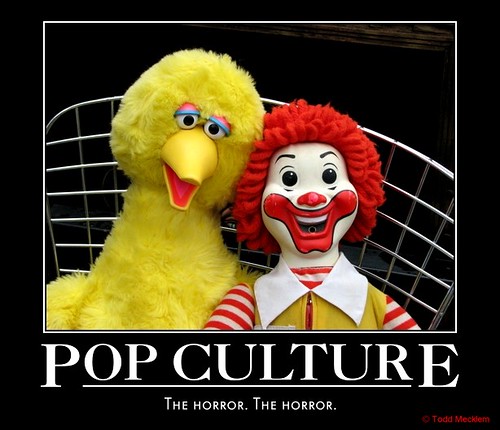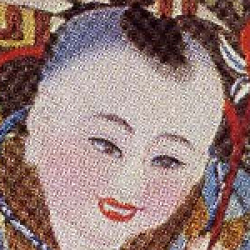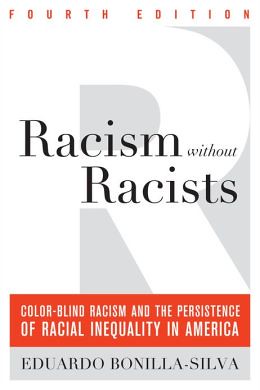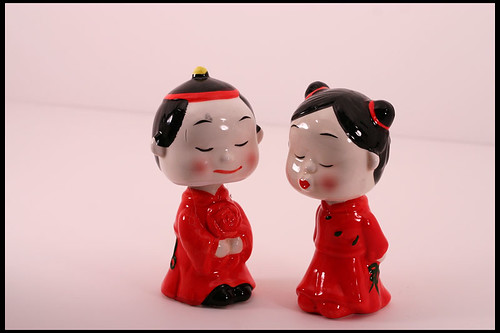
It was a frigid March evening when John and I went to a local bar downtown to meet up with his professor. The professor invited all of the students taking his course that semester — and their spouses, companions or friends — for a few brews that night. Normally, the freezing temperatures would have easily deterred John and me from venturing out — but it was a sort of “class outing” and the professor, who we had run into on occasion, seemed like a genuinely nice guy. Or so I thought.
But that changed after we walked in and sat down. It wasn’t just that the space reminded me of a bad 1970s basement playroom — from the kelly green walls and tired pool tables to the beat up chairs and couches that looked like someone salvaged them from a garbage bin. It was the conversation that, in its own way, told John and me we weren’t really invited to this party. Continue reading “On Cross-Cultural Relationships & Pop Culture References”











